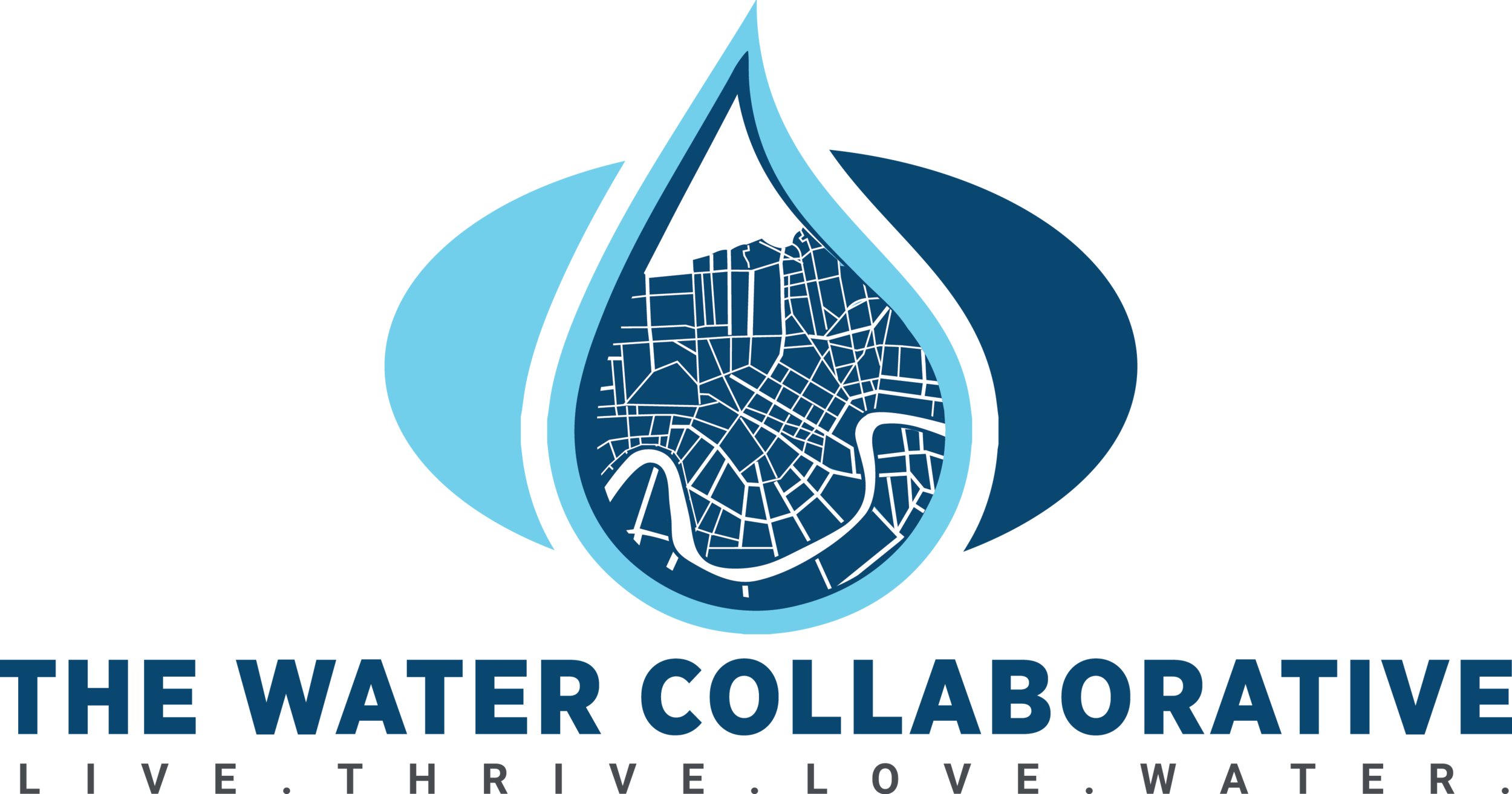How Local Educational Outreach Affects Environmental Justice Efforts
By: Kennedy Moore, Lead Fellow
There are no safe levels of lead to be consumed in drinking water (Huynh et. al, 2024). Although agencies have set limits to regulate lead levels, these limits often act as a smoke screen, masking the true impact of lead contamination on public health. Vulnerable groups such as children, the elderly, immunocompromised individuals, and pregnant people face the greatest risks. Oftentimes, lower income and minority communities find themselves without a voice to advocate for themselves regarding these issues. With high-profile cases like Flint, Michigan, drawing national attention, drinking water contamination has finally gained some public awareness. But many cities still struggle with water quality issues, often without that same spotlight. Local, community-focused outreach is essential in raising awareness and empowering residents to advocate for environmental justice on their own terms.
Background
New Orleans, a city below sea level and at great risk from climate change, has an alarming issue with water quality. Aging infrastructure, stronger hurricanes, and climate risks often push water safety concerns to the back burner (Day, et al. 2021). Luckily, advocacy seems to be on the rise amongst the residents living here. Not only has environmental justice been a heavily influenced topic of discussion regarding water rights, but groups dedicated to the betterment of New Orleanians’ environmental experiences with water have received an increase in support. Meeting the environmental justice goals set by residents will require ongoing, targeted educational outreach and strategic planning.
Current Efforts
Achieving safe water quality requires community transparency and trust. Simple steps, like notifying residents about what’s in their water, are foundational to building community-based cohesion. The Sewerage and Water Board of New Orleans has made efforts, including federal based projects such as a Biden-Harris administration partnership entitled “Get the Lead Out” to ensure access to education surrounding lead awareness is transparent and up-to-date. Another example being that of projected service lines dedicated to showcasing age across Orleans parish (See Figure 1). Yet, current national standards for lead in drinking water remain insufficient, underscoring the importance of local education in informing residents about the risks of lead exposure, even at low levels.
Enhancing Public Engagement
As a Lead Fellow for TWC’s Orleans Parish Lead Testing Study, I spent months conducting residential lead testing across the city. We visited homes in all five districts and connected with residents through community organizations and one-on-one phone interviews. Through this process, we found that many residents were unaware of their water service line materials or the specifics of lead-certified filtration systems. For many, this was the first time they understood their risk of lead exposure through corroded pipes and its potential impact on their households. Each testing appointment allowed us to share essential information, empowering residents to make informed choices for safer water.
To further spread lead awareness, public engagement from the city can include:
Community Workshops and Info Sessions – Host regular workshops in local centers to educate residents on lead risks, testing, and prevention.
Interactive Online Webinars – Offer virtual information sessions featuring local experts, residents who have taken action, and opportunities for Q&A.
Partnerships with Schools, Health Clinics, and Pediatric Offices – Collaborate with schools, clinics, and pediatricians to provide testing resources and prevention guidance to students and families.
Provide Free Filters and Test Kits – Deliver lead-certified filters and test kits to residents at no cost in high-risk areas.
Multilingual Materials – Make resources available in English, Spanish, and Vietnamese for broader community access.
Conclusion
Cities may address water quality challenges in different ways, but a cohesive, community-centered approach to educational outreach is essential for environmental justice. Educating residents about lead risks not only empowers them to protect their own health but also encourages greater participation in civic issues. Informed residents are more likely to advocate for policies that prioritize public health, and they often become key voices within community networks, spreading awareness and valuable information. New Orleans is a resilient city, with residents who have consistently demonstrated their ability to overcome challenges. By prioritizing education and advocacy, the city can help create a healthier, safer future for everyone.



